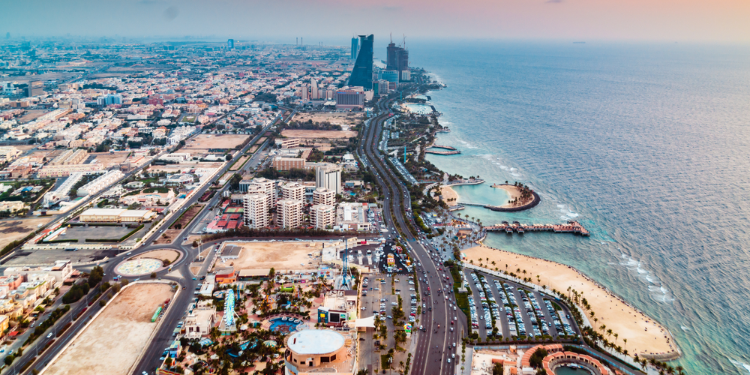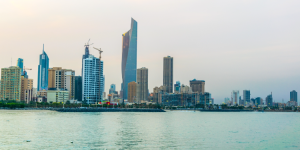
In 2021, the expat population in Saudi Arabia is 13.49 million and is very diverse, with various ethnic and linguistic groups from Asia, Europe, and America. Yet, while trying to retain the highest talents, the country remains very selective when it comes to immigration.
Known for its low cost of living, Saudi Arabia has several employee benefits plans, providing different sorts of support and resources. Some of them are business travel reimbursements, mental health support, stipends for child care and education, reduced workdays for Muslim employees during Ramadan, vacation leave and others. Despite all these facilities, the country has strict travel laws and work regulations. Therefore expats interested in moving there should pay careful attention to the criteria for visas and work permissions.
Positive updates
In terms of the facilities, Saudi Arabia recently granted citizenship to a group of expatriates with specific abilities, becoming the second in the Gulf Arab state, after the UAE, to introduce a formal naturalization program for foreigners. That works with specific skills as doctors, clerics, and academics who specialize in engineering, chemistry and communications. This followed a more flexible visa policy in recent years, offering more extended residencies for certain types of investors, students, and professionals and their families.
According to the Saudi Press Agency, the naturalization program will seek out individuals with scholarships and who work or study in the fields of medicine, science, culture, sports, and technology. The government wants to create an “attractive environment” to cultivate and retain exceptional talent to help achieve their Vision 2030 goals, which is a plan of reforms to create jobs and reduce the Saudi economy's dependence on oil.
Rules for freelancers
The Saudi government imposes a fine of SR50000 ($13.329,23) on freelancers (self-employed expats) who work in the kingdom irregularly, which means without the Iqama transfer. Employers who allow their workers to engage in freelancer jobs or let their workers perform activities for other employees will also be punished. For them, there is a maximum jail term of six months along with fines amounting up to SR100,000 ($26.654,18).
The General Directorate of Passports (Jawazat) emphasized the rule this year. Those found guilty will also face a recruitment ban for up to five years, and self-employed expats will be deported after serving the jail term and payment of fines. The amount will be multiplied by the number of people involved in the violation of the Labor Law regulations. It is relevant to mention that investment is not considered self-employment; therefore, expatriates interested in that area aren't illegal.
Visa process
Tourism
Saudi Arabia has been opening its doors to visitors from all over the world with its tourism E-visa program since September 2019. With that update, visitors can acquire a multiple-entry visa valid for a year that allows them to stay in the country for up to 90 days. Applying for a tourist visa to Saudi Arabia is pretty easy for expats coming from one of the 49 eligible countries, as they can apply through the eVisa website. Other countries need to apply through their nearest Saudi embassy or consulate. But, holders of US, UK, or Schengen passports can apply for the visa upon arrival.
International students
In order to apply for a student visa, expats need several documents as original passport and valid for no less than six (6) months and fill your online application. There is also a possibility to apply in person at the embassy of the Kingdom of Saudi Arabia, via mail to the embassy's address or through the embassy's authorized travel agencies around the world.
Foreign workers
Employment visas in Saudi Arabia is a bit more complex than for studying and visiting; the paperwork list is bigger, and the process for applying can take up to 3 weeks. Expats must submit an application form and the documents outlined to the embassy, and the visa only permits 90 days in the kingdom, with the possibility to renew.



















